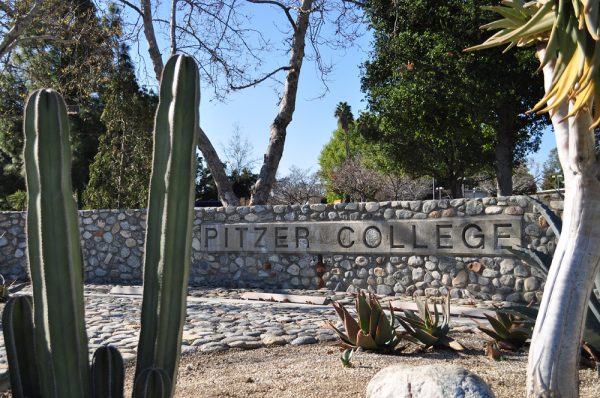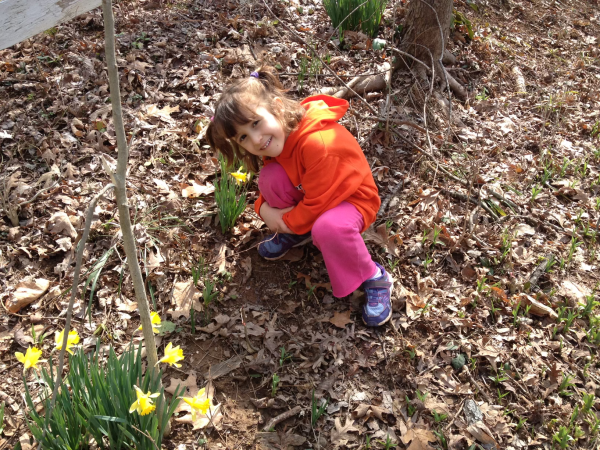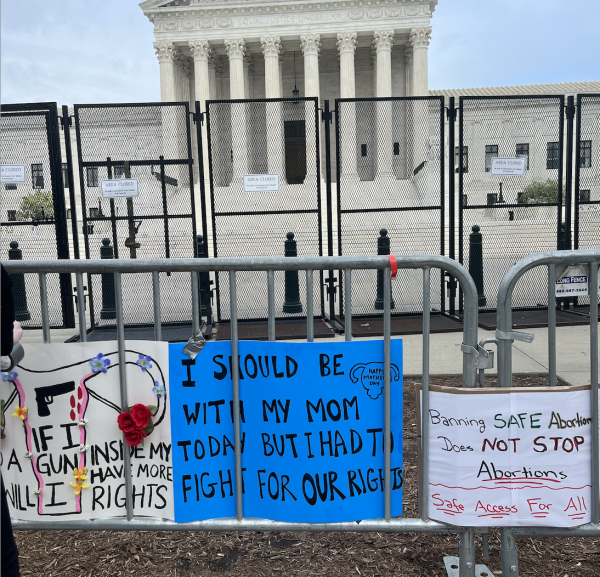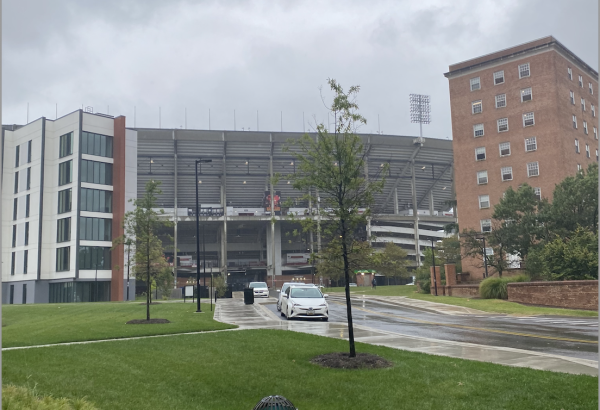Why cursing is much worse than you think
September 16, 2019
During a typical five minute passing period, I head to my next class and walk through at least five conversations where I hear my friends and peers cursing, not out of anger or frustration, but out of habit like it’s no big deal.
When I was younger, I almost never heard anyone swear. When I was taught the words, I was told that they are bad and that I should never say them. Years ago, it was socially inappropriate to swear at someone. Although kids were taught the words at an older, more mature age, there was always an emphasis on avoiding them altogether.
Between the bleeping out of certain song lyrics and movie scripts, the avoidance of the words was pretty effective until the heavy influence of profane language through social media began to substantially increase, and the concept of swear words being “bad” began to disappear.
The commonality of cursing has drained the words of their shock value, and they really don’t mean much anymore. Not only does swearing become a habit, but the words become used as “filler” words for when someone has nothing else to say. They just come out like any other word, and the reactions from others, especially from friends, are minimal, if not nonexistent, due to how frequently they are said.
In a Gallup Youth Survey, 46% of surveyed teens between the ages of 13-17 used profane language either daily or several times a week. Additionally, 28% of teens reported hearing their parents curse either daily or multiple times a week.
Although some may argue that cursing is just another form of expression, it can really have an impact on how others view you. Saying the wrong word in front of a specific audience could lead to major offense and affect the environment in which it is said.
The desire to be “cool” or follow what’s in causes teens to start using such language, even if they don’t necessarily mean what they are saying. Forgetting the actual meaning of the words you are saying is too easy and is a major factor in the consistent usage of profane language.
Although cursing is a naturally learned and arguably expressive behavior, there is a time and a place for it. Though it is an easy way to describe something, know your surroundings and challenge yourself to go beyond those specific words and use others.

















